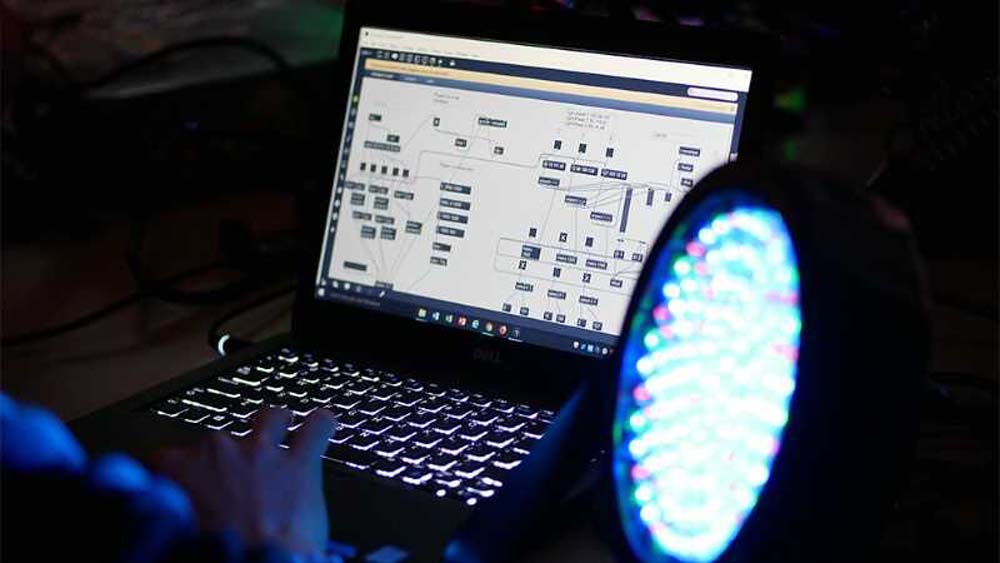Portland Community College gets $800K grant for AI training
Published 12:00 am Monday, March 14, 2022

- Portland Community College received a windfall $800,000 to expand its artificial intelligence (AI) training programs. The college already offers courses in creative coding and immersive technologies for artists and designers.
Portland Community College is slated to receive $800,000 for artificial intelligence (AI) career training for students.
Trending
The grant money was part of a more than $10 million funding package secured by U.S. Rep. Earl Blumenauer and signed into law by President Joe Biden earlier this month. The $800,000 windfall appropriation will allow PCC to bolster Oregon’s AI workforce training.
Outgoing PCC President Mark Mitsui thanked Rep. Blumenauer, saying the funding will “democratize access to AI technology” while helping Portland students from marginalized communities get trained on modern and emerging technology to land good-paying jobs. Mitsui promised the curriculum will be “grounded in principles related to ethics and methods of rooting out implicit bias and algorithmic inequities in AI.”
“Since the skills needed in the field cut across numerous disciplines, I believe that work in this space can also advance greater interdisciplinarity, something that our new organizational structure can facilitate,” Mitsui said. “There are also implications for our new advanced manufacturing training facility at the Oregon Manufacturing Innovation Center. Students will gain leading edge skills, employers will gain leading edge workers and Oregon will gain a more equitable prosperity.”
Trending
The Oregon Manufacturing Innovation Center, located in Scappoose, combines university and college partnerships like Oregon Institute of Technology, Oregon State University, Portland State University and PCC with manufacturing companies to advance manufacturing research and job training. It was modeled after a facility in Sheffield, England.
Jeremy Estrella, associate vice president of academic and career pathways at PCC, said AI can be found in everything from online chat-bots to smart home appliances to video games and more.
“Applications for AI in our everyday lives are only expected to grow in the coming decades,” Estrella said. “With that growth we need to build these applications grounded in ethics and equity and rooting out the potential for bias in AI. We are building our curriculum with these principles in mind.”
Oregon’s Workforce and Talent Development Board reported AI education programs in the state are currently at or over capacity and understaffed due to a recent surge of interest in the field. The new funding will help PCC to expand AI program capacity by hiring more faculty and staff. It will also help the college modernize its facilities with AI-capable computers and software systems for student training, according to a news release from PCC.
PCC said the money will also help bring AI training to more students, including those from outside Portland who can access training via remote classes.
Blumenauer called PCC “a leader in offering curricula that will create career pathways for students entering the job market today and tomorrow.”







